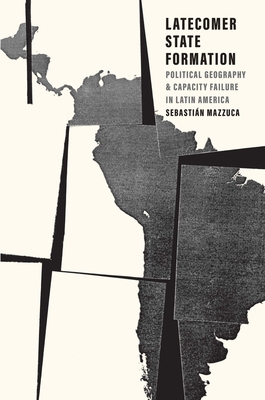Expedite your nonfiction book discovery process with Readara interviews, summaries and recommendations, Broaden your knowledge and gain insights from leading experts and scholars
In-depth, hour-long interviews with notable nonfiction authors, Gain new perspectives and ideas from the writer’s expertise and research, Valuable resource for readers and researchers
Optimize your book discovery process, Four-to eight-page summaries prepared by subject matter experts, Quickly review the book’s central messages and range of content
Books are handpicked covering a wide range of important categories and topics, Selected authors are subject experts, field professionals, or distinguished academics
Our editorial team includes books offering insights, unique views and researched-narratives in categories, Trade shows and book fairs, Book signings and in person author talks,Webinars and online events
Connect with editors and designers,Discover PR & marketing services providers, Source printers and related service providers

Latecomer State Formation: Political Geography and Capacity Failure in Latin America
History > Latin America - General
- Yale University Press
- Hardcover
- 9780300248951
- -
- -
- History > Latin America - General
- (Single Author) Asian American
- English
Readara.com
Book Description
Latin American governments systematically fail to provide the key public goods for their societies to prosper. Sebasti�n Mazzuca argues this is because nineteenth-century Latin American state formation occurred in a period when commerce, rather than war, was the key driver forging countries. Latin American leaders pursued the benefits of international trade at the cost of long-term liabilities built into the countries they forged, notably patrimonial administrations and dysfunctional regional combinations.
Author Bio
Sebastián L. Mazzuca graduated in Political Science (MA, PhD) and Economics (MA) from the University of California at Berkeley and has been a postdoctoral fellow at Harvard University’s Academy for International and Area Studies. His work focuses on state formation, regime change, and economic development.
On state formation, he published the book Latecomer State Formation: Political Geography and Capacity Failure in Latin America with Yale University Press (2021). On political economy, he edited three volumes of essential readings with the Cámara Andina de Fomento (2015-18).
On democratization, he co-authored Middle-Quality Institution Trap with Gerardo Munck (Cambridge University Press, 2020). His articles have been published in the American Journal of Political Science, Comparative Politics, National Bureau of Economic Research, Studies in International Comparative Development, Journal of Democracy, Hispanic American Historical Review, Qualitative & Multi-Method Research, and the Oxford Handbook of Political Science.
Source: Johns Hopkins University
Videos
No Videos
Community reviews
No Community reviews

